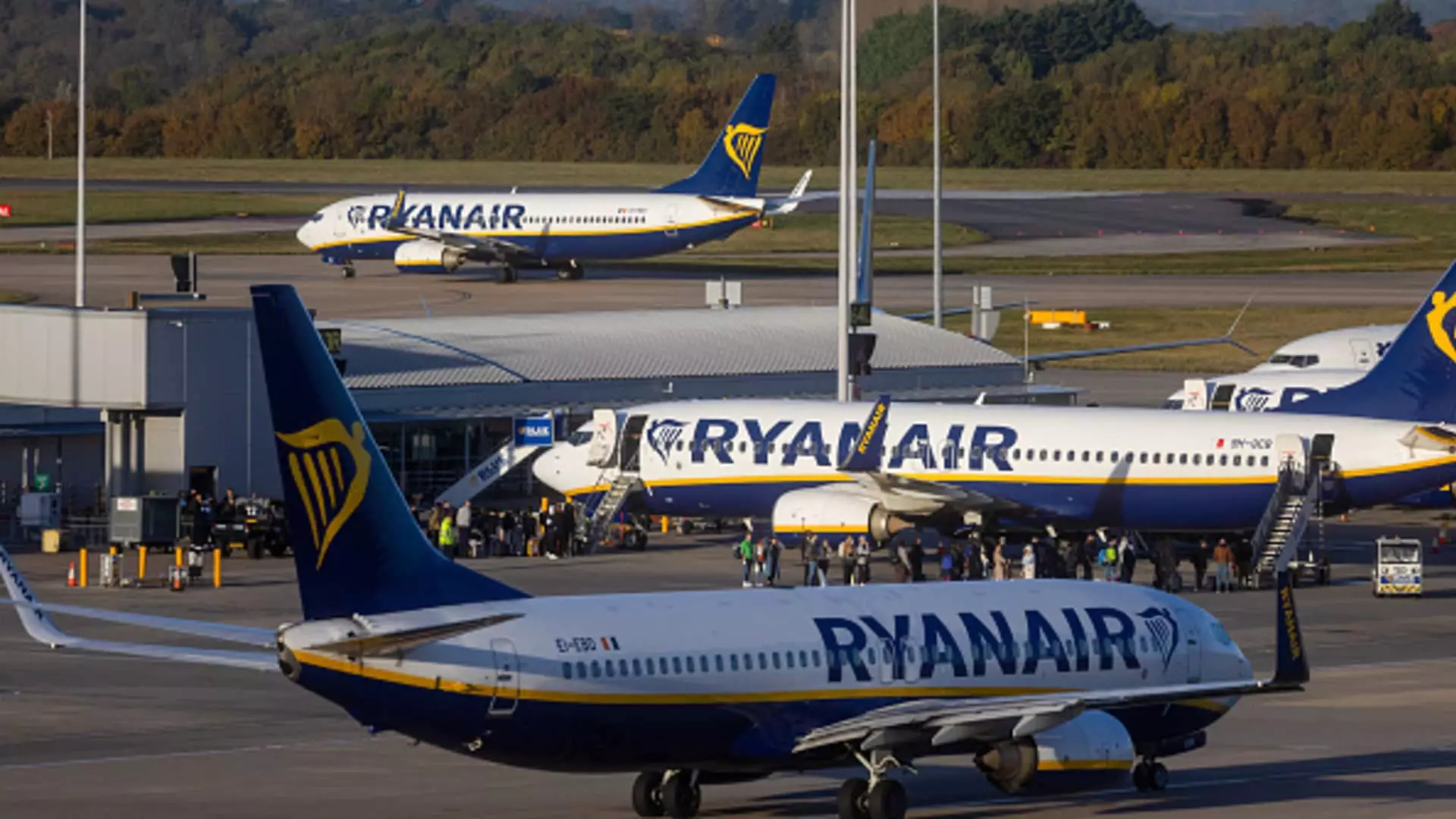Low-cost carrier Ryanair recently announced its highest-ever annual profit, showcasing impressive growth in both passenger numbers and revenue. Despite a 34% increase in profit after tax to 1.92 billion euros and a 25% rise in revenue to 13.44 billion euros, the airline is facing challenges in the current quarter.
Ryanair managed to attract 184 million passengers, a 23% increase from pre-Covid levels, by implementing higher fares. This rise in traffic numbers, along with increased ticket prices, helped the airline counteract a significant surge in operating costs. The company experienced a 24% increase in operating costs as well as a staggering 32% spike in jet fuel expenses.
To further strengthen its position, Ryanair announced a 700-million-euro share buyback program. This decision was driven by a solid balance sheet, with Chief Financial Officer Neil Sorahan emphasizing the importance of prioritizing employee pay restoration, debt repayment, and shareholder returns.
While the news of the buyback program was well-received, Ryanair’s shares witnessed a slight decline, indicating concerns among investors. Analysts at Deutsche Bank noted that recent pricing trends were softer than anticipated, leading to uncertainties regarding the airline’s performance in the upcoming peak summer season.
CEO Michael O’Leary acknowledged the challenges posed by a potentially “recessionary feel” in Europe and weakening consumer sentiment, attributing the softer pricing to these factors. He expressed willingness to implement fare discounts to achieve a high load factor, emphasizing the importance of filling seats even at reduced prices.
Ryanair faced setbacks such as the sudden removal of its flights from various online travel agents in December, impacting pricing strategies for the year. Despite this, the airline managed to secure new agreements with major OTAs, enabling direct interaction with customers and reducing reliance on third-party platforms.
Looking ahead, Ryanair is dealing with challenges related to delayed Boeing aircraft deliveries and the grounding of Airbus planes due to engine issues. Chief Financial Officer Neil Sorahan acknowledged that capacity constraints would persist, highlighting the need for strategic planning to navigate through these obstacles successfully.
While Ryanair’s record profits reflect its ability to adapt to changing market conditions, the airline must address ongoing challenges to sustain its growth trajectory. By focusing on operational efficiency, customer engagement, and strategic decision-making, Ryanair can overcome the hurdles ahead and emerge stronger in the competitive aviation industry.

